Home>Gardening & Outdoor>Outdoor Recreation & Activities>How Long Should A Swimming Pool Pump Run
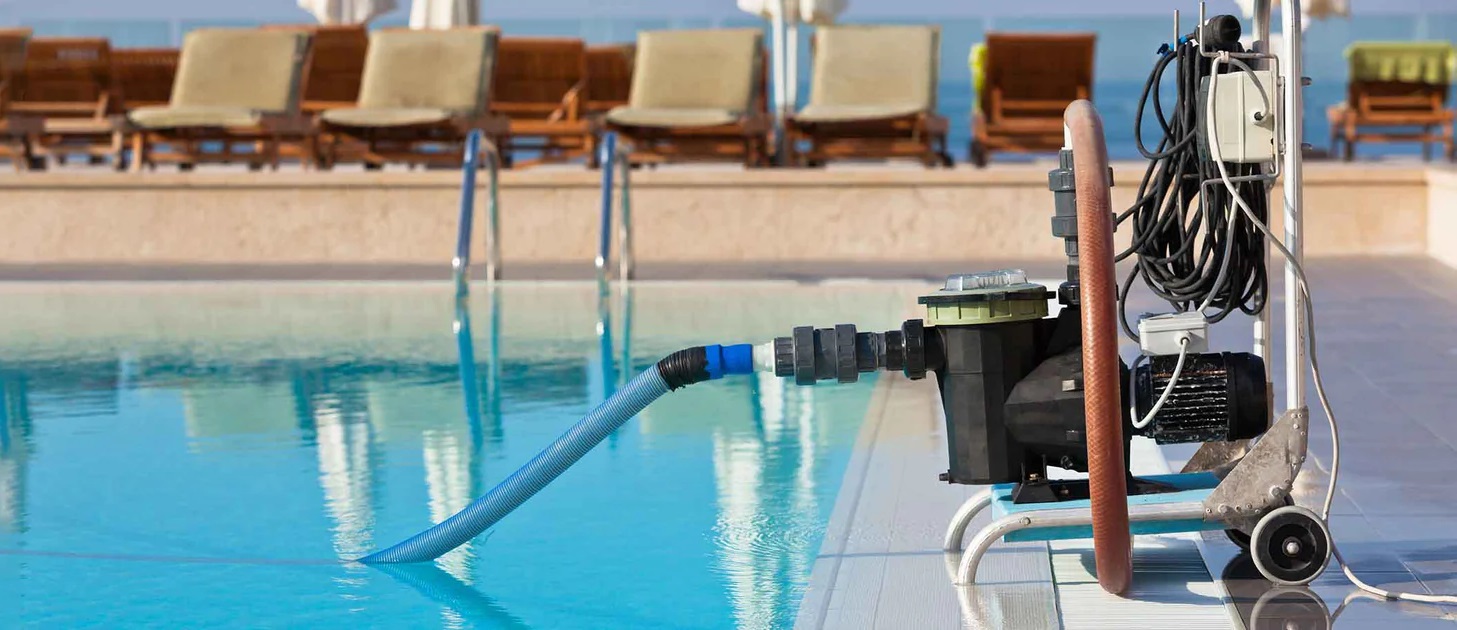

Outdoor Recreation & Activities
How Long Should A Swimming Pool Pump Run
Published: February 17, 2024
Learn the ideal duration for running your swimming pool pump to maintain water quality and energy efficiency. Find expert tips for outdoor recreation and activities.
(Many of the links in this article redirect to a specific reviewed product. Your purchase of these products through affiliate links helps to generate commission for Storables.com, at no extra cost. Learn more)
Introduction
The operation of a swimming pool pump is crucial for maintaining the water's cleanliness and clarity. It serves as the heart of the pool's circulation system, continuously working to filter out debris and impurities while distributing chemicals evenly. Understanding the optimal duration for running a pool pump is essential for pool owners to ensure water quality, energy efficiency, and equipment longevity.
A well-maintained pool pump not only keeps the water sparkling but also contributes to a healthier swimming environment. However, determining the ideal duration for running the pump involves considering various factors, including pool size, pump capacity, climate, and usage patterns. By striking the right balance in pump runtime, pool owners can achieve optimal water circulation and filtration without unnecessary energy consumption.
Finding the sweet spot for pump runtime involves a blend of science and practicality. It's about harnessing the pump's power to maintain water quality while being mindful of energy usage and operational costs. As we delve deeper into this topic, we will explore the factors that influence pump runtime, the recommended duration for different scenarios, the benefits of proper pump runtime, and practical tips for efficient pump operation. Let's embark on this journey to uncover the secrets of maximizing the effectiveness of your swimming pool pump while minimizing energy consumption and operational costs.
Key Takeaways:
- Proper pump runtime ensures clean water, saves energy, and extends equipment lifespan. Tailoring pump operation to pool size, climate, and usage patterns maximizes effectiveness and cost savings.
- Consider factors like pool size, climate, and pump capacity to determine the ideal pump runtime. Adhering to recommended guidelines and efficient operation tips promotes clean, sustainable swimming experiences.
Read more: How Long Should A Pool Cleaner Run
Factors Affecting Pump Runtime
The duration for which a swimming pool pump should run is influenced by several key factors, each playing a significant role in determining the optimal pump runtime. Understanding these factors is essential for pool owners to make informed decisions regarding pump operation. Here are the primary factors affecting pump runtime:
-
Pool Size and Volume: The size and volume of the pool directly impact the required pump runtime. Larger pools necessitate longer pump operation to ensure thorough water circulation and filtration. Conversely, smaller pools may require shorter pump runtimes to achieve the same level of water quality.
-
Pump Capacity and Flow Rate: The pump's capacity and flow rate are crucial considerations. A higher capacity pump with greater flow rate may require shorter runtime to achieve the desired water circulation and filtration, while a lower capacity pump may need to operate for a longer duration to achieve the same effect.
-
Climate and Environmental Conditions: Environmental factors such as temperature, humidity, and sunlight exposure can influence the frequency and duration of pump operation. Warmer climates may necessitate longer pump runtimes to prevent algae growth and maintain water clarity, while cooler climates may allow for shorter pump operation.
-
Pool Usage Patterns: The frequency and duration of pool usage impact the amount of debris, contaminants, and chemicals introduced into the water. Pools that are frequently used or located in areas with high environmental debris may require longer pump runtimes to effectively filter out impurities and maintain water quality.
-
Filtration System Efficiency: The efficiency of the pool's filtration system, including the type and condition of the filter, affects the required pump runtime. A highly efficient filtration system may require shorter pump operation, while a less efficient system may necessitate longer runtime to achieve the desired level of water clarity.
-
Chemical Treatment and Circulation: Proper chemical distribution and circulation are essential for maintaining balanced water chemistry. The duration of pump operation should be sufficient to ensure thorough mixing and distribution of chemicals, preventing localized imbalances and promoting overall water quality.
By considering these factors, pool owners can tailor the pump runtime to meet the specific needs of their pool, ensuring effective water circulation, filtration, and chemical distribution while optimizing energy usage and operational costs.
Recommended Pump Runtime
Determining the recommended pump runtime for a swimming pool is a crucial aspect of pool maintenance. While there is no one-size-fits-all answer, as the ideal duration varies based on several factors, there are general guidelines that can help pool owners make informed decisions.
For most residential pools, a commonly recommended pump runtime falls within the range of 6 to 8 hours per day. This duration is typically sufficient to achieve adequate water circulation, filtration, and chemical distribution, ensuring a clean and balanced swimming environment. However, it's important to note that this recommendation serves as a starting point and may need to be adjusted based on specific pool characteristics and environmental factors.
Pool size and volume play a significant role in determining the optimal pump runtime. Larger pools require longer pump operation to ensure thorough water circulation and filtration, while smaller pools may achieve the same results with a shorter runtime. As a general rule, larger pools may benefit from pump runtimes closer to 8 hours, while smaller pools may maintain water quality with 6 hours of daily pump operation.
The pump's capacity and flow rate also influence the recommended runtime. A higher capacity pump with greater flow rate may effectively circulate and filter the water in a shorter duration, potentially allowing for a 6-hour runtime. Conversely, a lower capacity pump may need to operate for 8 hours to achieve the same level of water quality.
Climate and environmental conditions are additional factors to consider. In warmer climates, where algae growth is more prevalent, longer pump runtimes may be necessary to prevent the accumulation of algae and maintain water clarity. Conversely, cooler climates may allow for shorter pump operation without compromising water quality.
Pool usage patterns and the efficiency of the filtration system further impact the recommended pump runtime. Pools that are frequently used or located in areas with high environmental debris may benefit from longer pump runtimes to effectively filter out impurities. Additionally, a highly efficient filtration system may require shorter pump operation, while a less efficient system may necessitate longer runtime to achieve the desired level of water clarity.
Ultimately, the recommended pump runtime should be tailored to meet the specific needs of the pool, considering factors such as pool size, pump capacity, climate, usage patterns, and filtration system efficiency. Regular monitoring of water quality and clarity can help fine-tune the pump runtime to strike the right balance between effective circulation, filtration, and energy efficiency.
A swimming pool pump should run for about 8-12 hours a day to keep the water clean and properly circulated. This helps prevent algae growth and ensures the chemicals are evenly distributed.
Benefits of Proper Pump Runtime
Maintaining the proper runtime for a swimming pool pump yields a multitude of benefits that directly impact water quality, energy efficiency, and overall pool maintenance. By adhering to the recommended pump runtime and adjusting it as necessary based on specific pool characteristics, pool owners can unlock the following advantages:
-
Enhanced Water Circulation and Filtration: A proper pump runtime ensures consistent water circulation, preventing stagnation and promoting uniform distribution of chemicals and heat. This continuous movement helps in filtering out debris, leaves, and other impurities, resulting in cleaner and clearer water.
-
Improved Water Quality: Adequate pump runtime facilitates the effective filtration of contaminants, such as dirt, algae, and bacteria, contributing to improved water quality. This, in turn, creates a safer and more enjoyable swimming environment for users while reducing the need for excessive chemical treatments.
-
Prevention of Algae Growth: Longer pump runtimes, particularly in warmer climates, help prevent the formation and proliferation of algae. Algae thrive in stagnant water, and continuous circulation disrupts their growth, reducing the need for algaecides and minimizing the risk of green or cloudy water.
-
Optimized Chemical Distribution: Proper pump operation ensures the thorough mixing and distribution of pool chemicals, including chlorine, algaecides, and pH balancers. This even distribution helps maintain balanced water chemistry throughout the pool, preventing localized chemical imbalances and promoting overall water clarity.
-
Energy Efficiency: While it may seem counterintuitive, running the pump for the appropriate duration actually contributes to energy efficiency. By maintaining optimal water circulation and filtration, the pump can operate more efficiently, reducing the need for excessive runtime and minimizing energy consumption.
-
Extended Equipment Lifespan: Consistent and appropriate pump operation reduces strain on the pool's filtration system and pump components. This can lead to a longer lifespan for the equipment, minimizing the need for frequent repairs or replacements and ultimately reducing maintenance costs.
-
Cost Savings: By striking the right balance in pump runtime, pool owners can achieve cost savings in terms of energy consumption and maintenance. Proper pump operation reduces the risk of overworking the equipment, leading to lower energy bills and decreased long-term maintenance expenses.
-
Peace of Mind: Knowing that the pool is being effectively circulated, filtered, and maintained through proper pump runtime provides peace of mind for pool owners. This assurance allows them to enjoy their pool without the worry of water quality issues or excessive energy usage.
In essence, adhering to the recommended pump runtime and adjusting it based on specific pool dynamics offers a myriad of benefits, ranging from improved water quality and energy efficiency to cost savings and prolonged equipment lifespan. By recognizing and harnessing these advantages, pool owners can ensure a clean, safe, and enjoyable swimming experience for themselves and their guests.
Tips for Efficient Pump Operation
-
Optimize Pump Schedule: Consider running the pump during off-peak hours to take advantage of lower energy rates, reducing operational costs while maintaining water quality.
-
Invest in a Timer: Installing a timer for the pool pump allows for automated scheduling, ensuring consistent and efficient pump operation without the need for manual adjustments.
-
Regular Maintenance: Keep the pump and filtration system well-maintained by cleaning the strainer baskets, backwashing the filter, and checking for leaks or clogs. Proper maintenance enhances pump efficiency and prolongs equipment lifespan.
-
Utilize Variable Speed Pumps: Consider upgrading to a variable speed pump, which offers the flexibility to adjust flow rates and optimize energy consumption based on specific circulation and filtration needs.
-
Monitor Water Chemistry: Regularly test and maintain balanced water chemistry to reduce the reliance on excessive pump runtime for compensating chemical imbalances, promoting efficient pump operation.
-
Utilize Pool Covers: When the pool is not in use, covering it can minimize debris accumulation, reducing the load on the pump and allowing for more efficient operation during active pump runtime.
-
Consider Solar-Powered Options: Explore solar-powered pump alternatives to harness renewable energy sources, reducing reliance on traditional electricity and promoting eco-friendly pump operation.
-
Consult with Professionals: Seek guidance from pool maintenance professionals to assess the pump's efficiency, explore potential upgrades, and receive tailored recommendations for optimizing pump operation.
By implementing these tips, pool owners can enhance the efficiency of their pump operation, reduce energy consumption, and promote sustainable pool maintenance practices, ultimately contributing to a cleaner, more cost-effective swimming experience.
Frequently Asked Questions about How Long Should A Swimming Pool Pump Run
Was this page helpful?
At Storables.com, we guarantee accurate and reliable information. Our content, validated by Expert Board Contributors, is crafted following stringent Editorial Policies. We're committed to providing you with well-researched, expert-backed insights for all your informational needs.
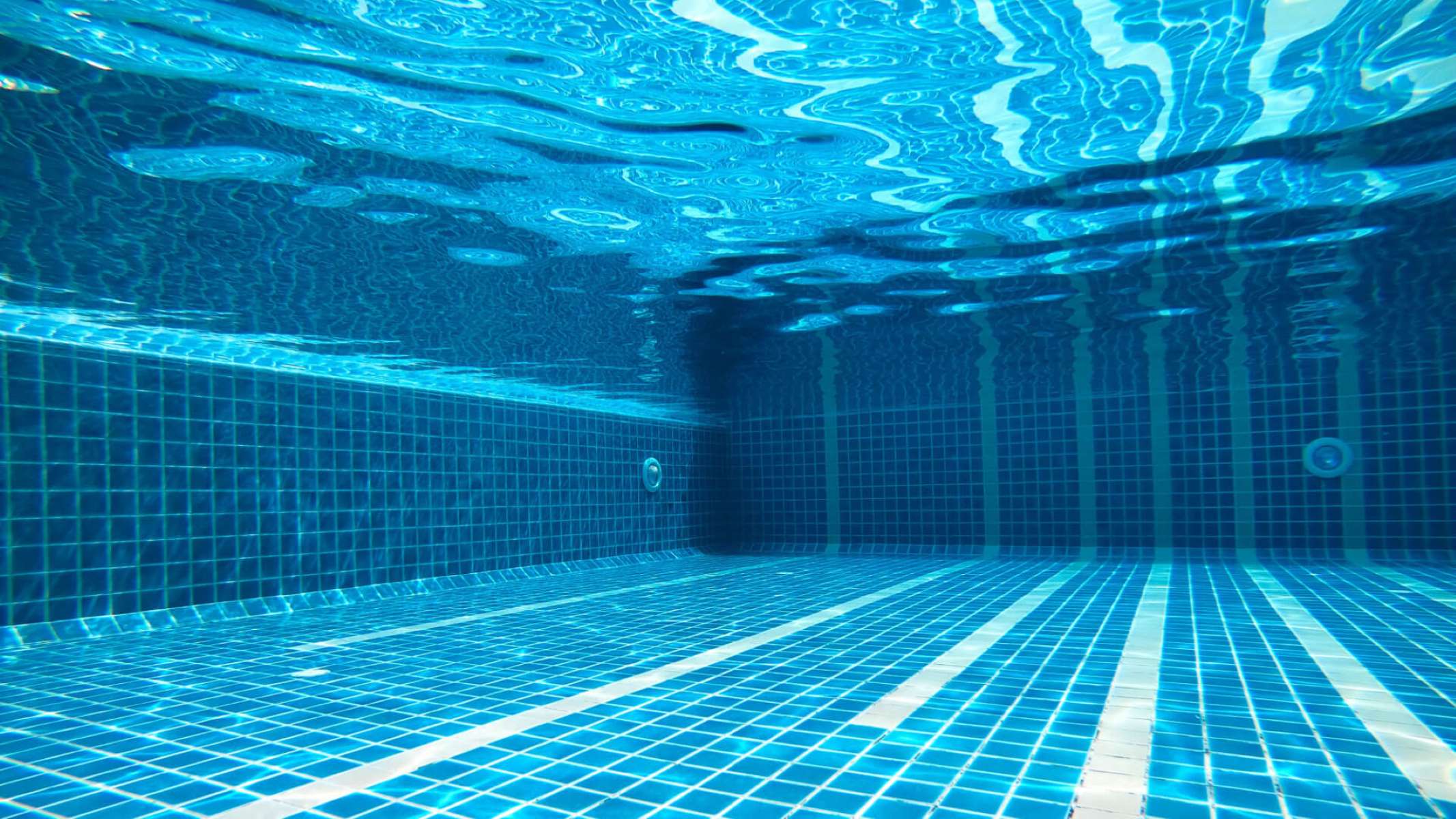

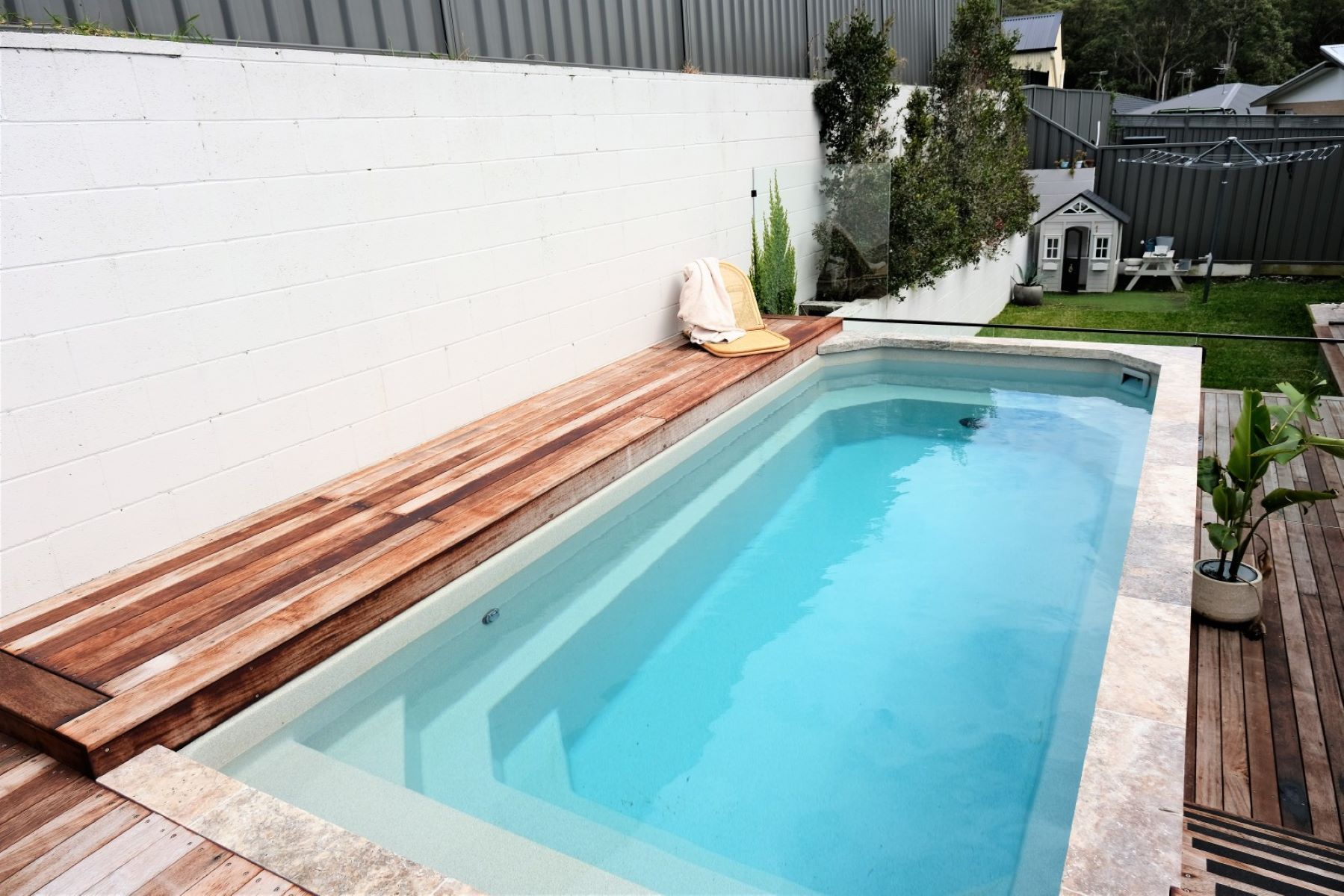
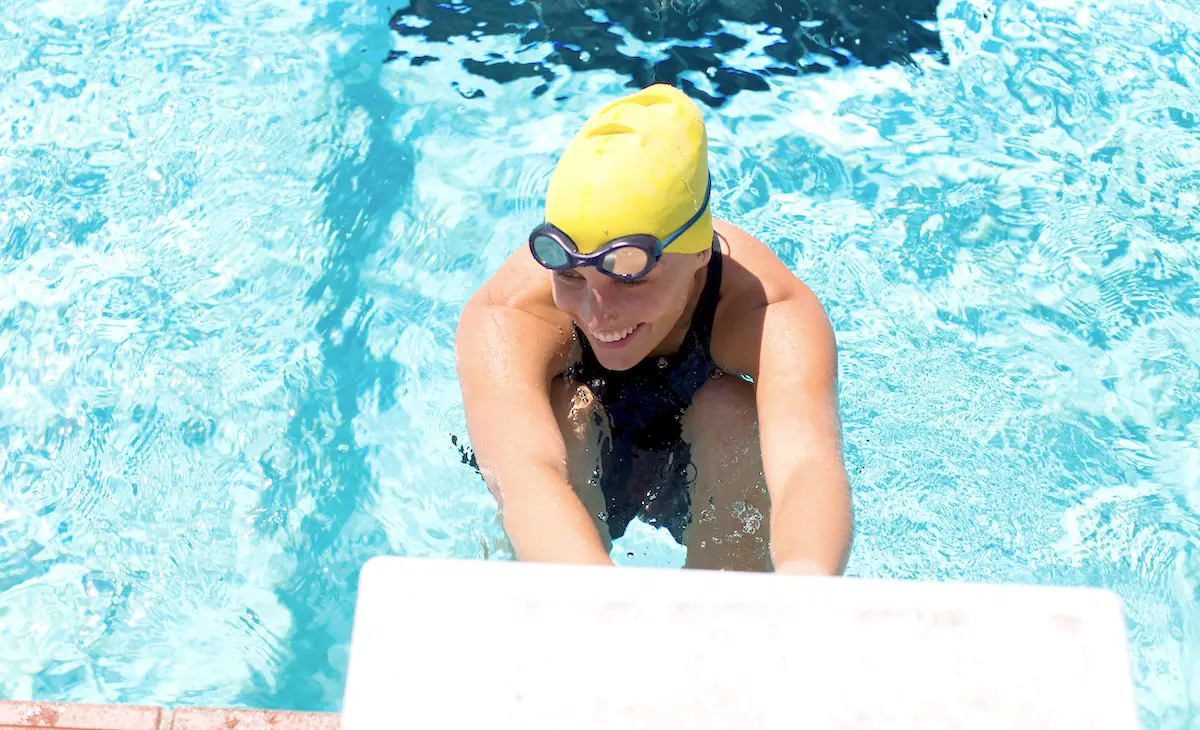
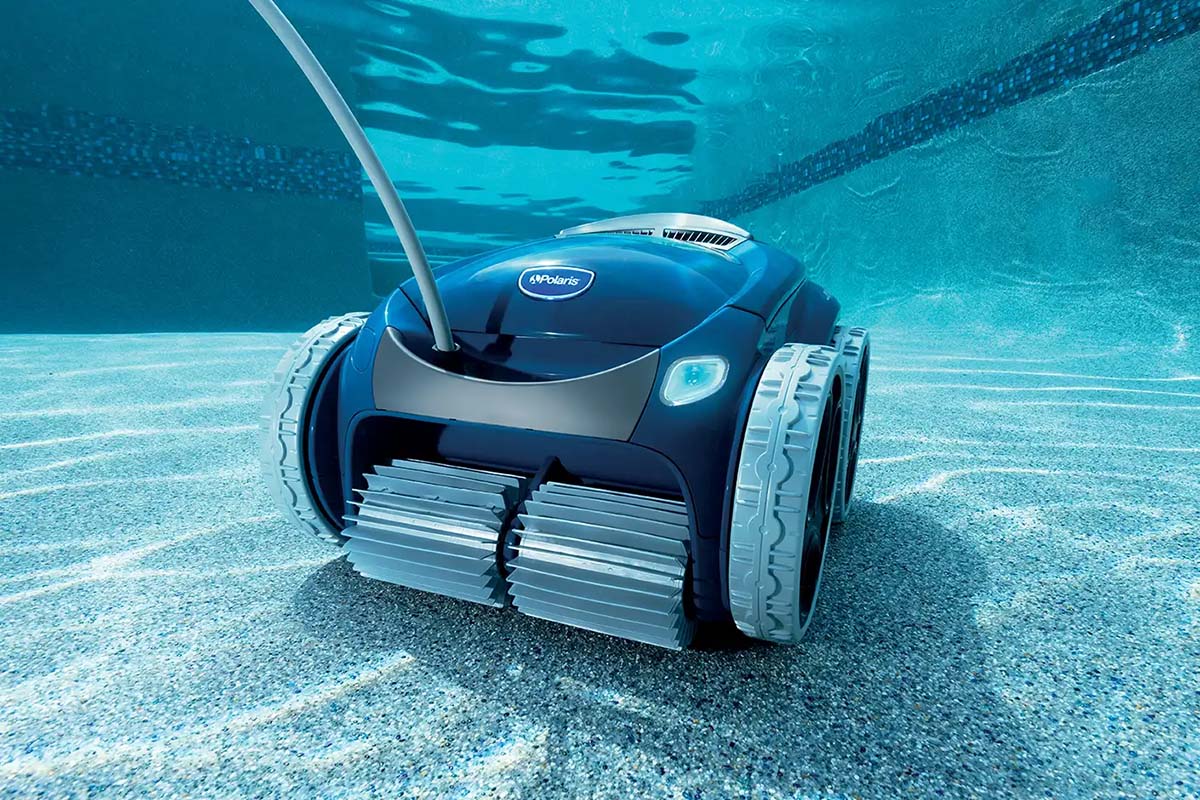
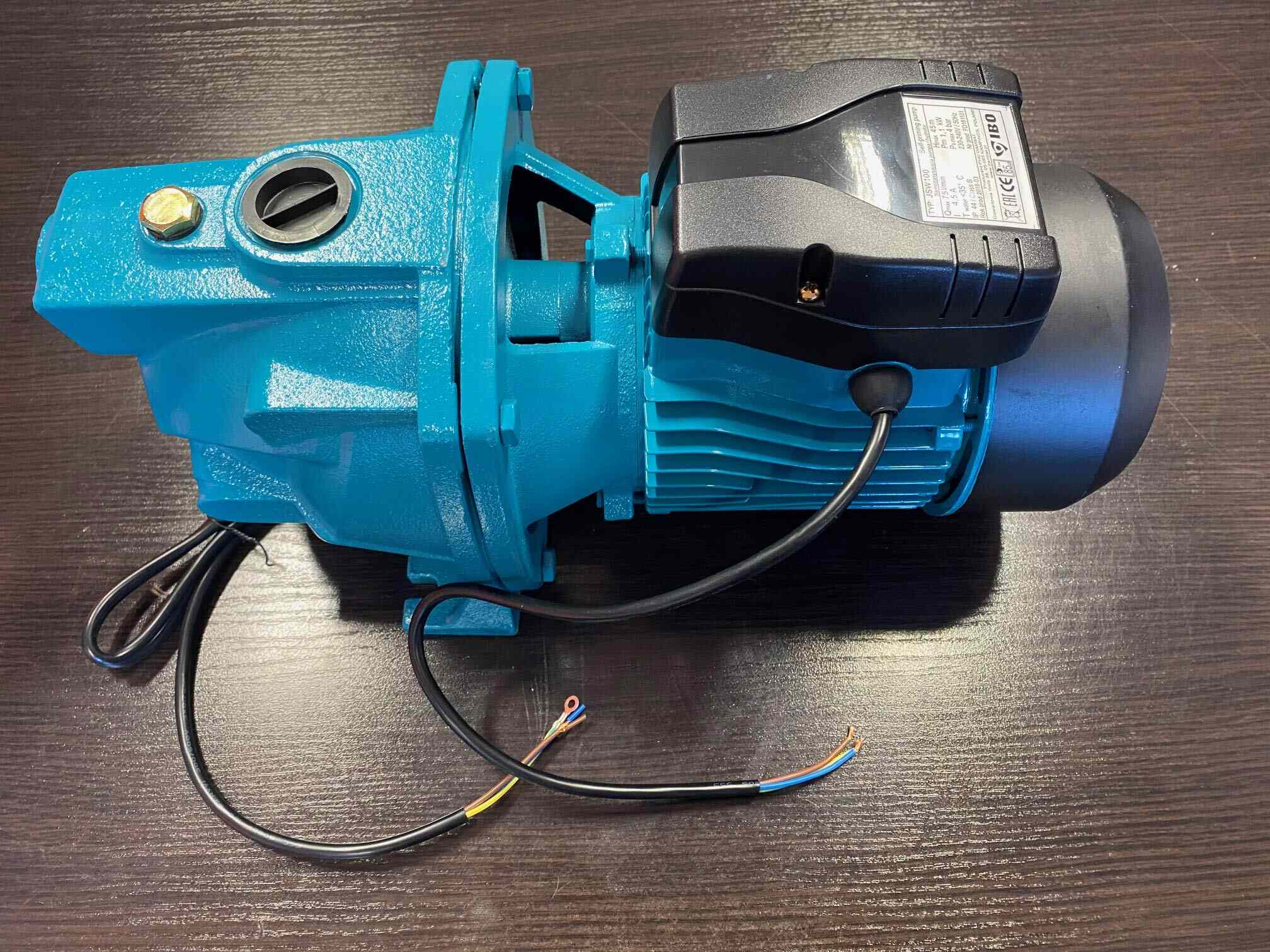
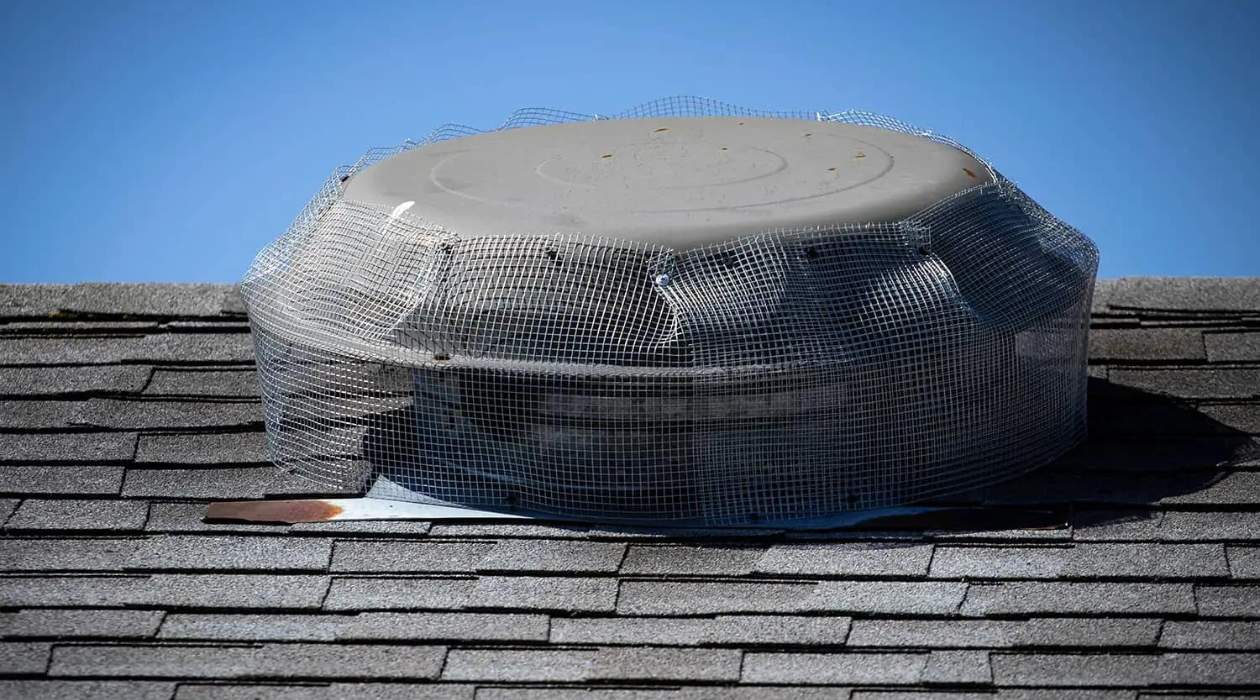
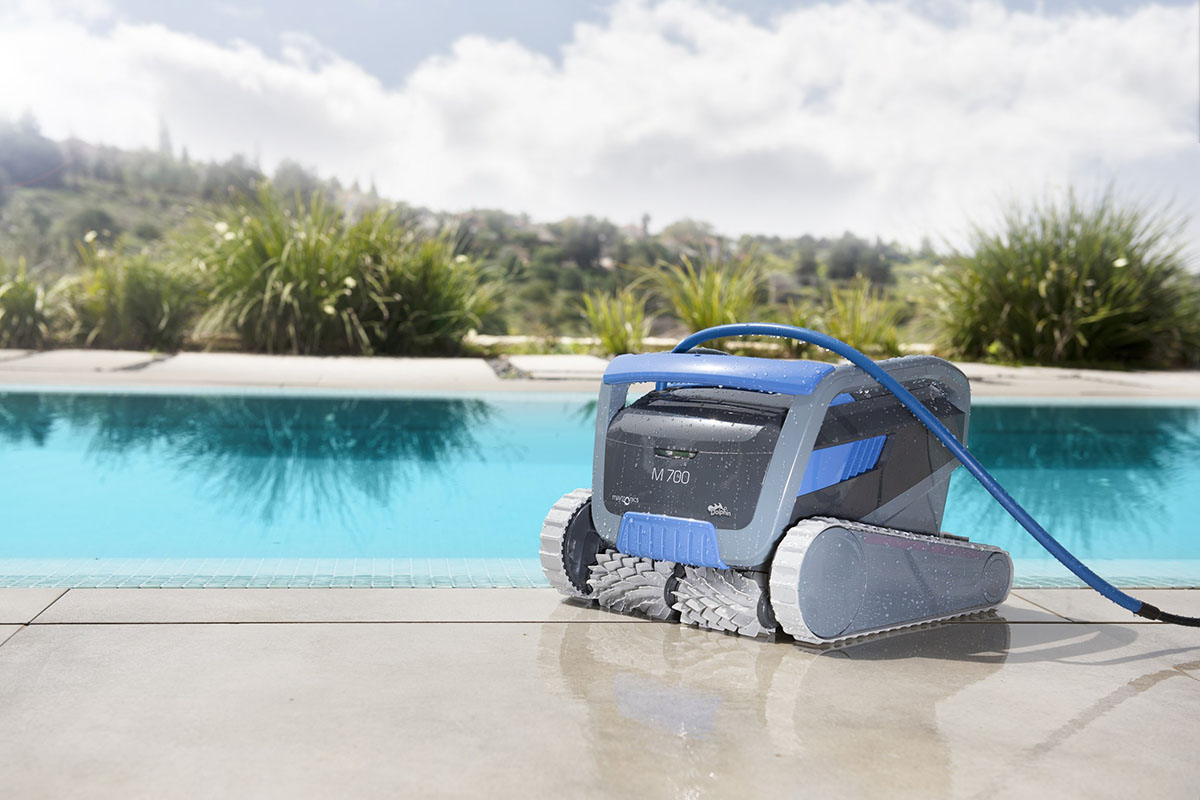
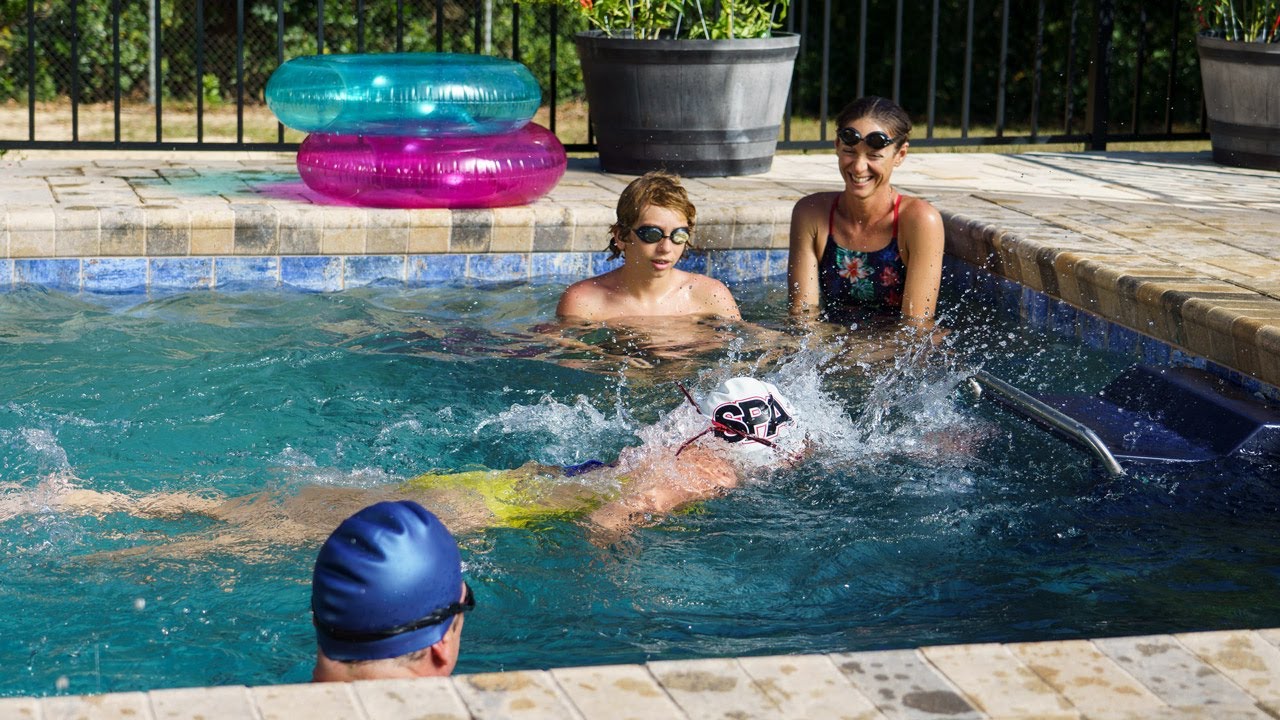
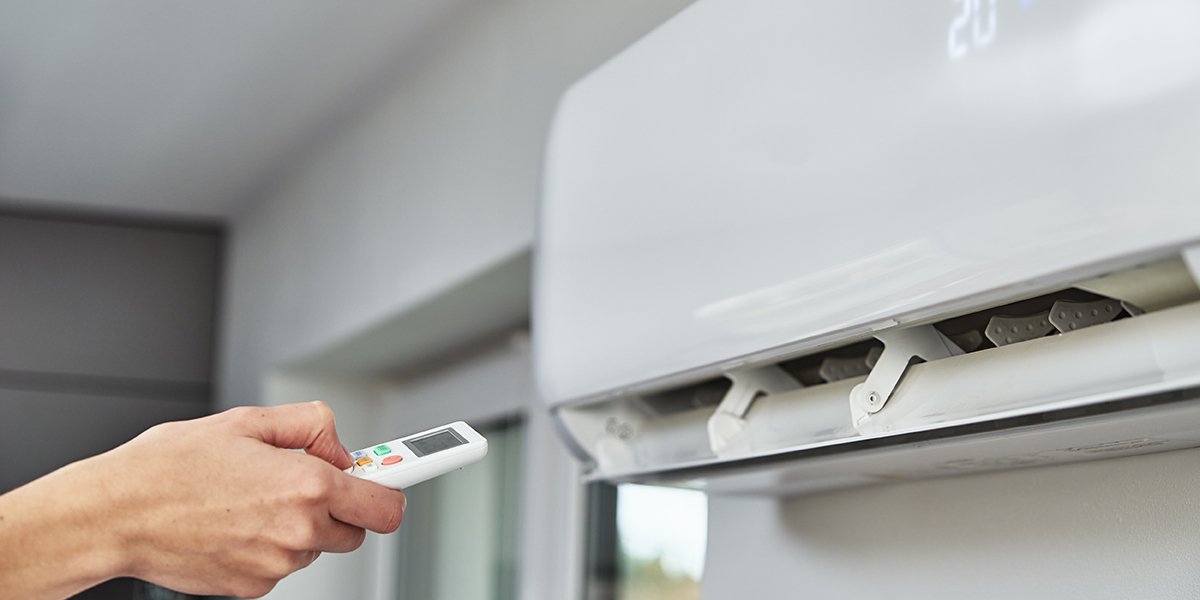
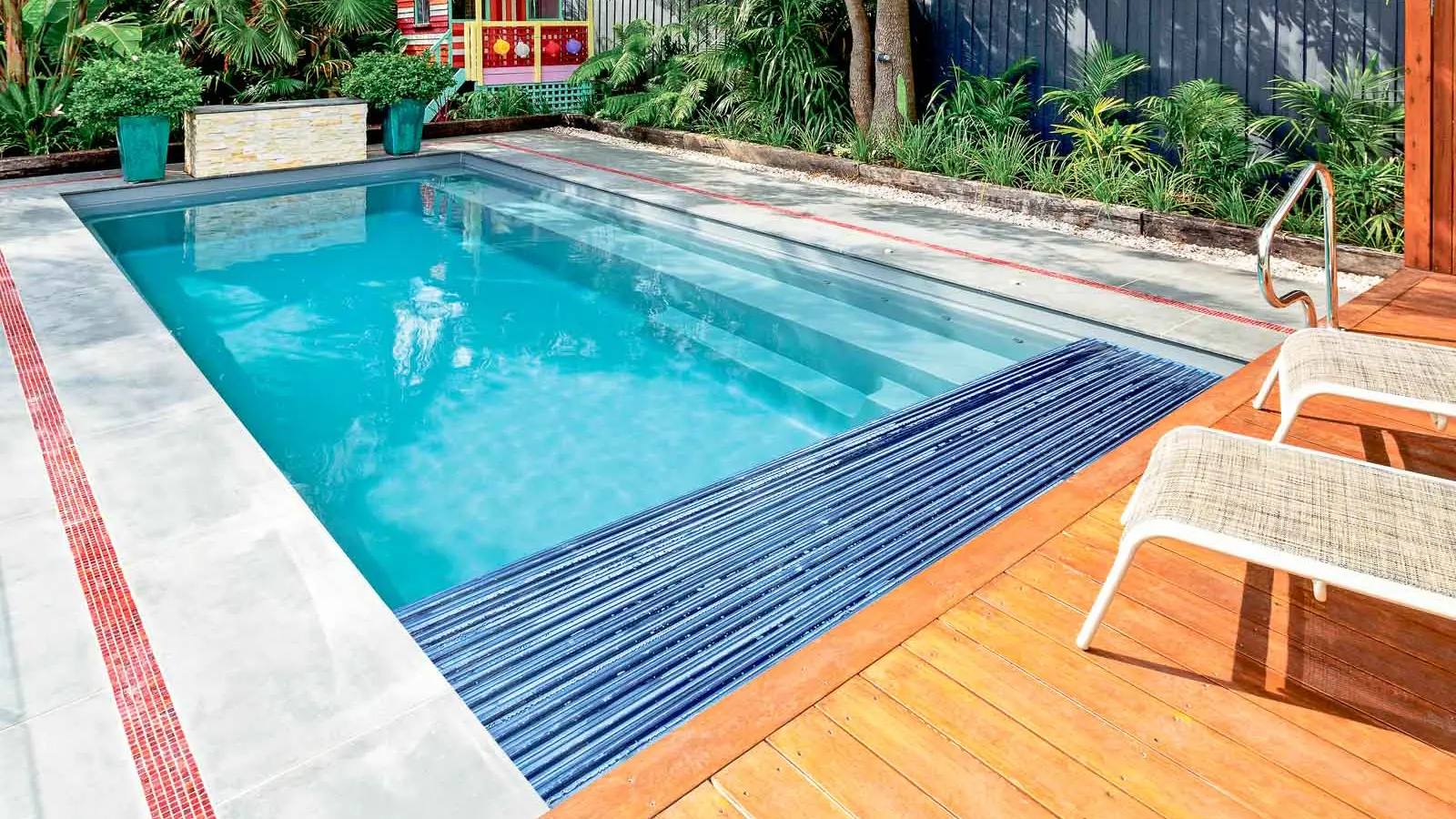
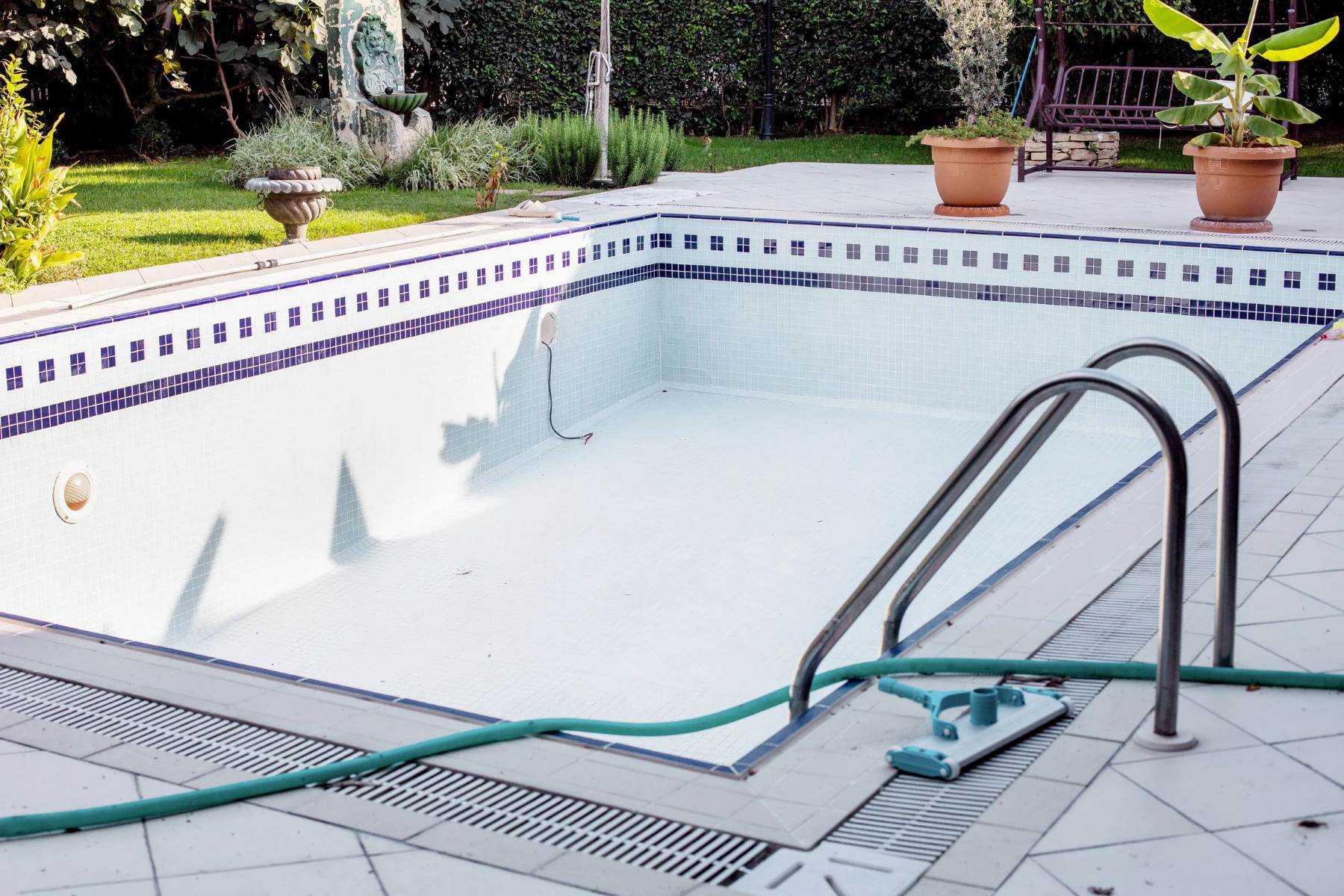
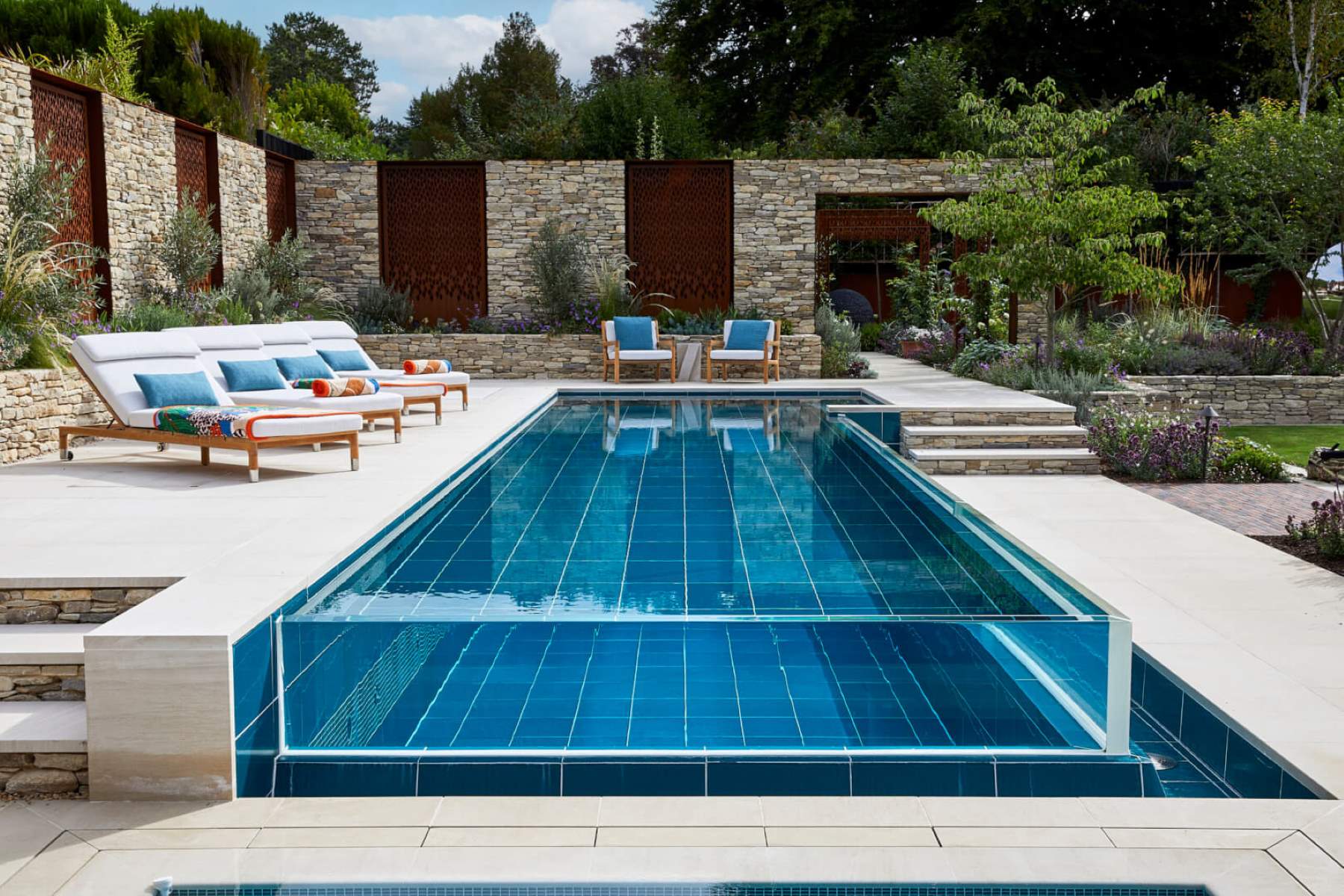
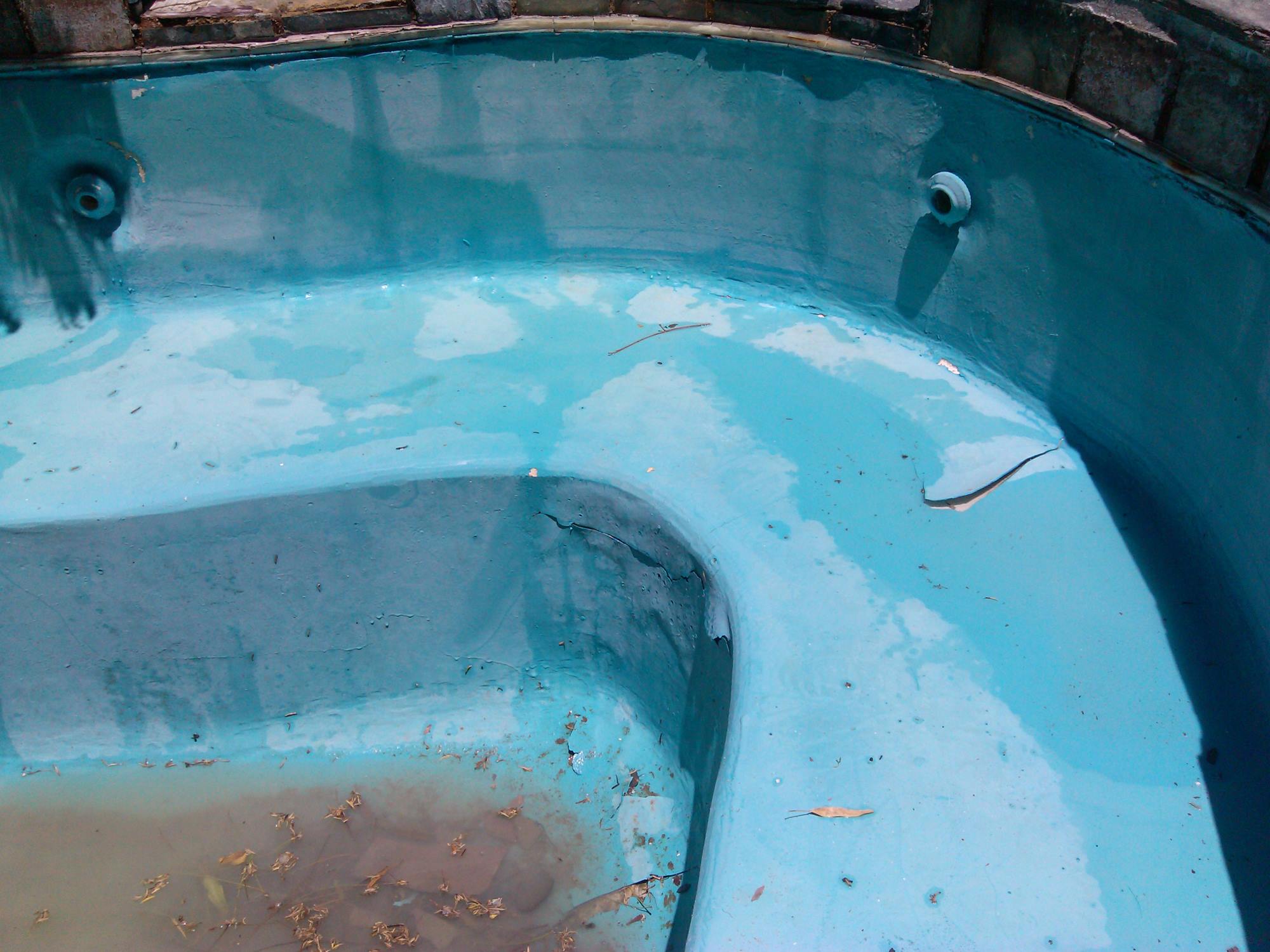
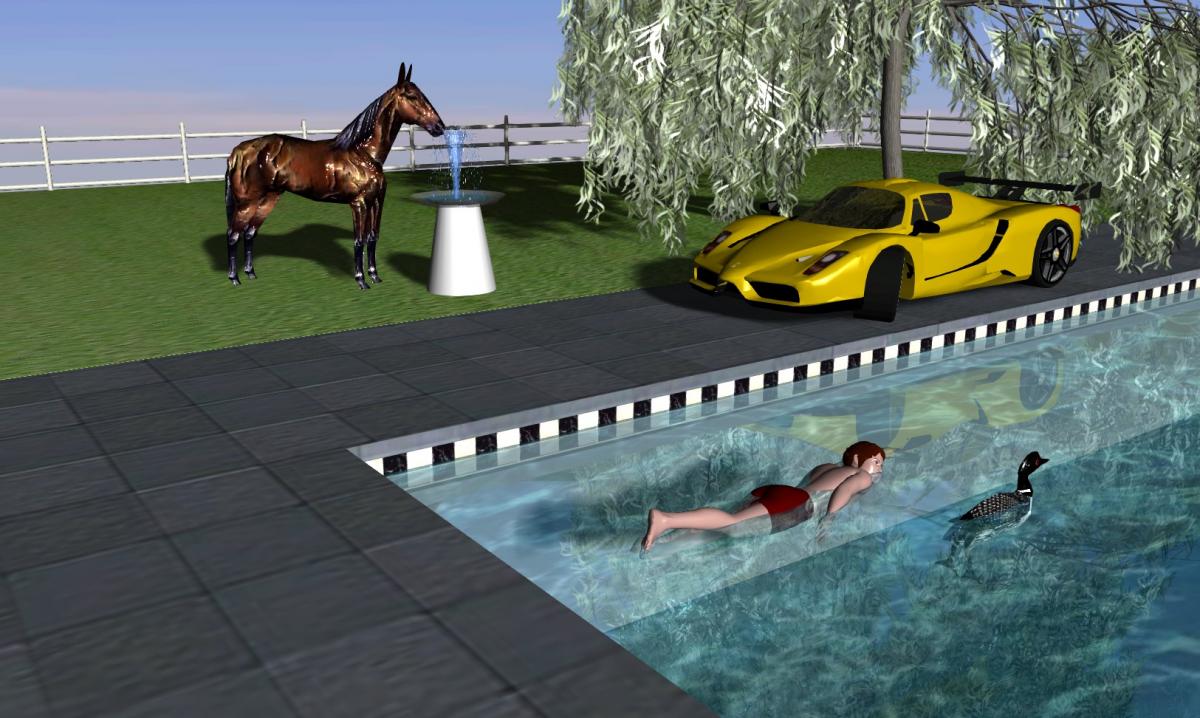

0 thoughts on “How Long Should A Swimming Pool Pump Run”